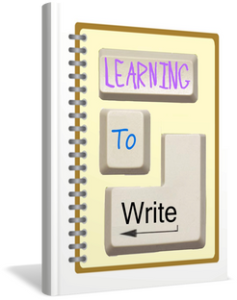 Why should your Kindergartner take music lessons or practice playing an instrument when his chances of growing up to be a musician are next to nil?
Why should your Kindergartner take music lessons or practice playing an instrument when his chances of growing up to be a musician are next to nil?
According to neuroscientists, you probably have the very best tool for language comprehension training lying around your house somewhere. Practicing an instrument rigorously trains the entire brain via a feedback loop that moves from the cochlea of the ear, through the more primitive brain stem (responsible for coordination of physical movement) to the cortex (the locus of higher-level brain functions) and back around again.
Nothing can match musical training for fine tuning language comprehension, working memory, and self-regulation. If these all sound like the primary components of what neuropsychologists call “executive function,” that’s because they are.
The “Executive” of the brain is in charge of keeping the brain’s various “Functionaries” aligned and attending to the task at hand. And poor executive function is a central feature of autism.
Parents wishing to clock fewer hours as Executive Secretaries for their autistic children would do well to dust off that old violin in the closet and find ways of helping their children make it sing. It’s never too soon or too late to tune up the brain and harmonize thinking.

2 Responses to The most Potent Tool for Language Development Is that Old Violin in your Closet